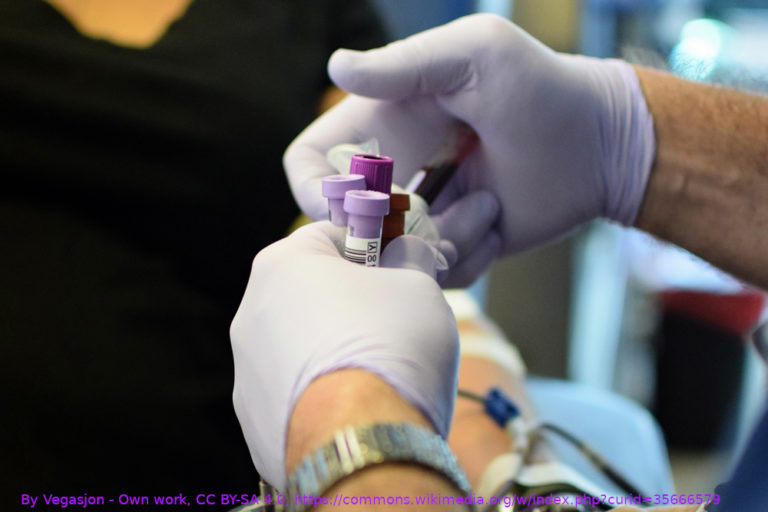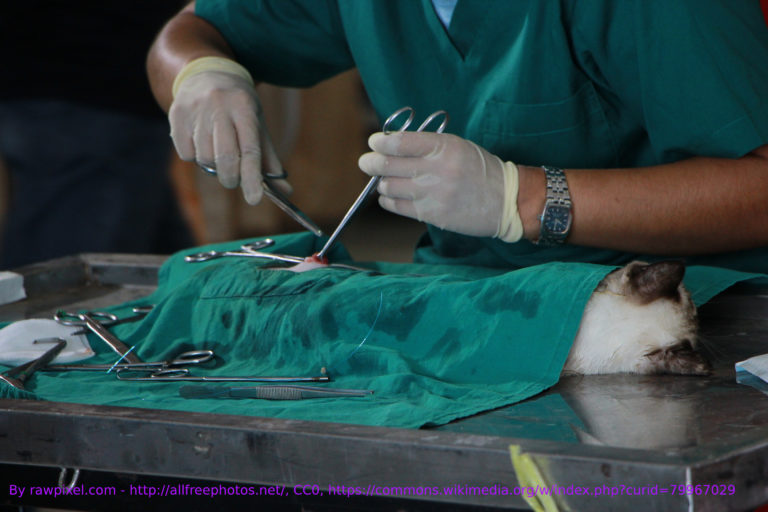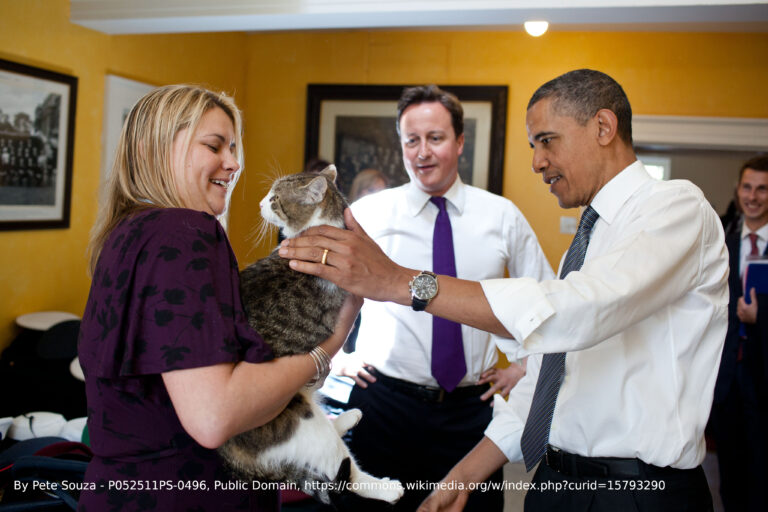It’s that time of year again when your cat and fireworks don’t mix. Bonfire night has lots going for it, but if you’re a pet owner it can be a very worrying time of year. Here we have a few suggestions for how to keep your cat, dog and other pets cool, calm and collected on November 5th.
Hiding place for your cat
When the bangs and pops start your cat’s first instinct will be to run and hide. He or she is bound to have their favourite hiding places in your home already, so make sure these are accessible. Leave doors open within your home so that the cat can run to wherever it feels safest – in the wardrobe, under the bed or in the laundry pile etc. If your cat hasn’t developed a favourite spot then create one or two – perhaps an old cardboard box or couple of washable blankets left in a heap. They’ll probably ignore them and find somewhere else but it’s worth a try.
If your cat does burrow into a hiding place, leave them there in peace and let them come out in their own time. Trying to coax them out could make matters worse.
Keep the cat in during fireworks
A cat will become far more upset if it’s outside during the firework display. If it’s possible, get your cat in a little while before you expect the fireworks to start. If you have a remote control microchip locking hub or a multiway lock, set it to allow the cat in but not out again. That way, if your cat is still out when fireworks begin but rushes into the house in fright, you can be sure it won’t be able to get out again if it’s still in a panic.
Make your home a haven
There are things you can do to make your home a refuge for any animals you have indoors. Simple things like shutting the curtains and putting some music on can dull and mask the sounds. If you’re staying in with your animals keep to the usual routine and be available for them if they seek you out for comfort. Don’t react at all to the fireworks yourself. If you have dogs avoid walking them during the firework display, even this is a variation on the usual routine. Taking them out before hand and afterwards should be fine.
Thank you to the RSPCA for information for this post.




